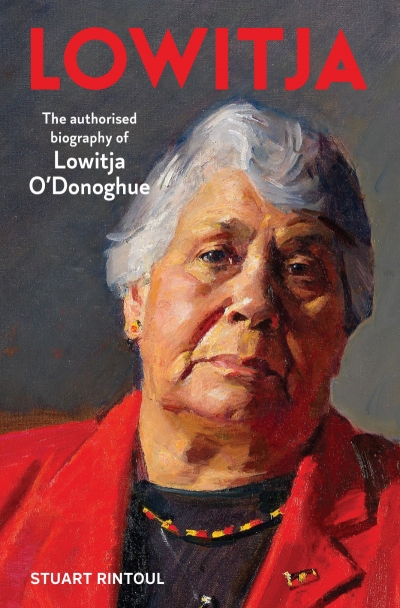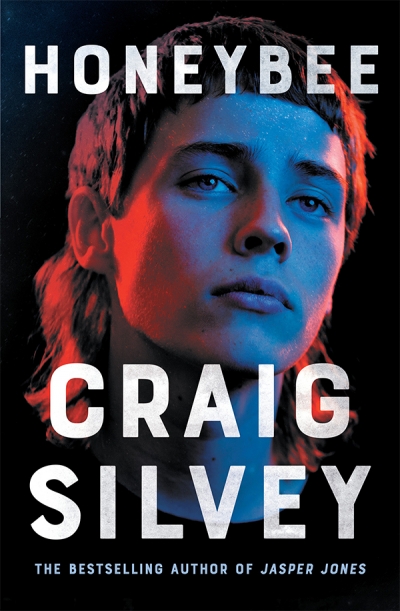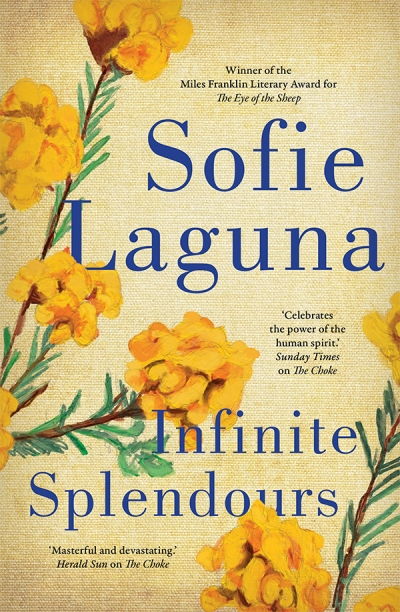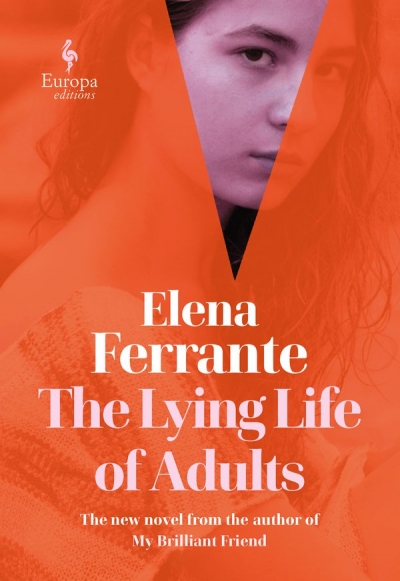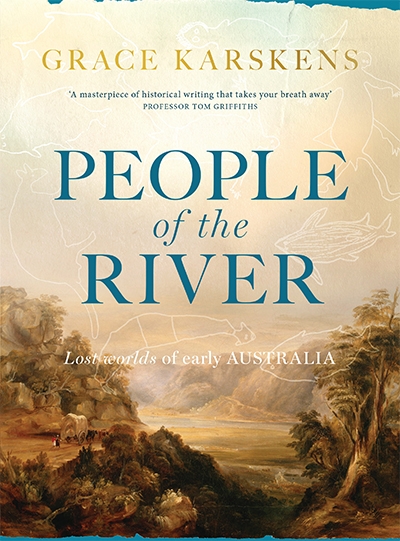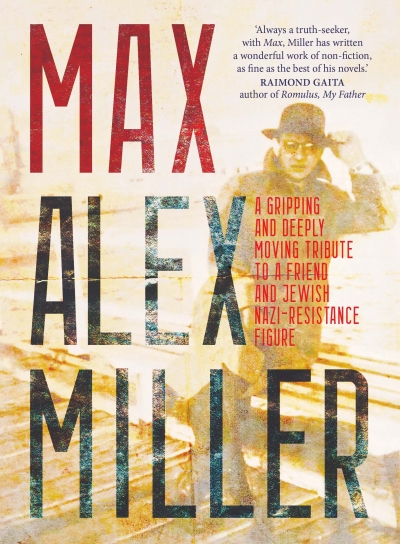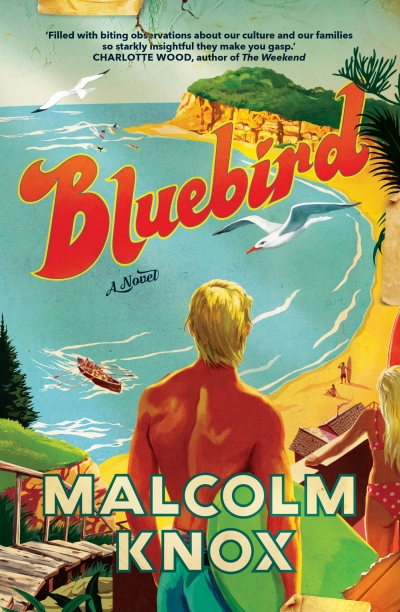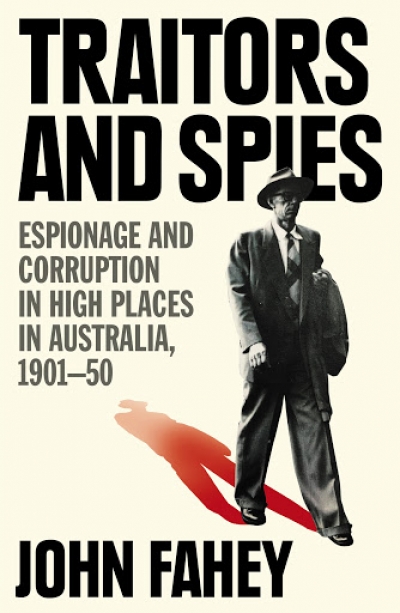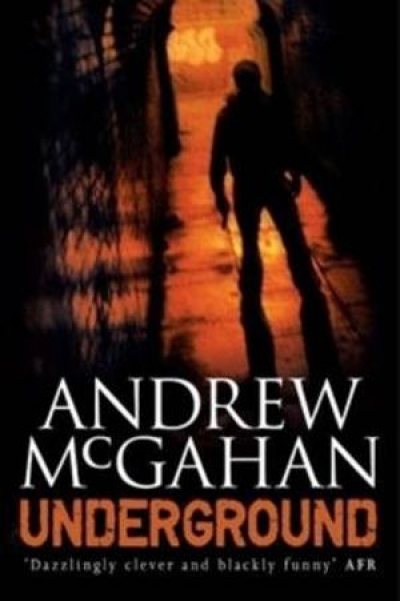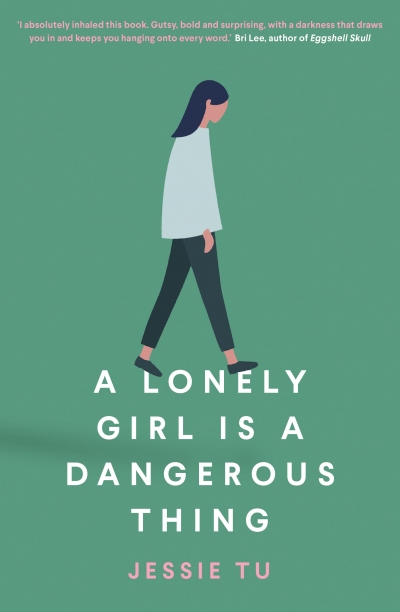Opening a review with a book’s first line allows a critic to thieve the author’s momentum for themselves. I am in a thieving mood. For the first line of Elena Ferrante’s new novel, The Lying Life of Adults, carries an enviable wallop: ‘Two years before leaving home my father said to my mother that I was very ugly.’ It’s the kind of line – charged, discomforting, and vicious – that makes Ferrante so electrifying to read. Ferrante’s novels are whetstones; her narrators are knives. When we meet twelve-year-old Giovanna Trada in this novel, she is a meek and dutiful creature – clever but incurious; a dewy-eyed admirer of her affluent parents and their hermetic life. Four years later, when Ferrante is finished with her, Giovanna’s heart is a shiv. Here is womanhood, Ferrante shows us once again: a relentless abrasion, a sharpening.
...
(read more)

